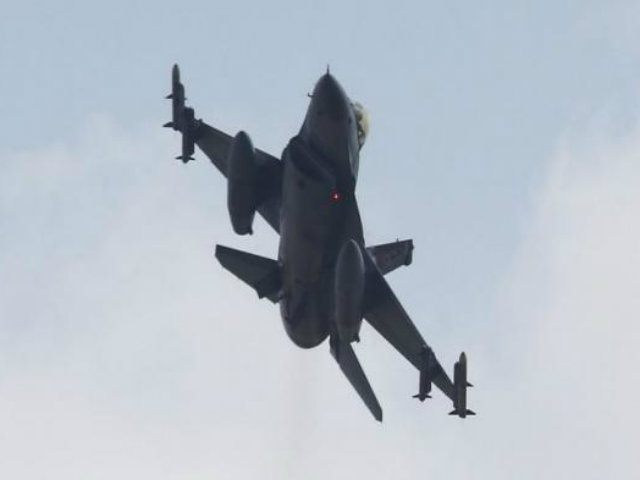Turkey’s operation “Euphrates Shield,” intended to curb the expansion of both the Islamic State and Kurdish militias in Syria, follows rumors spread by Russian officials that Turkey offered them the use of its Incirlik Airbase, also home to U.S. military assets.
Last week, Russian legislator Igor Morozov told reporters that Russia may require the use of Incirlik, which sits in Turkish territory, as part of a “a logical continuation of Turkish President [Recep Tayyip] Erdogan’s step toward Russia.” He added, “It is not guaranteed that Russia needs to use Incirlik, but such a decision can be regarded as Turkey’s real readiness to cooperate with Russia in the fight against terrorism in Syria, and not just pay lip service.”
Relations between Turkey and Russia soured following Erdogan’s decision to down a Russia jet that had trespassed into Turkey after multiple such incidents, but Erdogan has moved to rehabilitate diplomatic relations and even met with President Vladimir Putin in Moscow.
Now, Turkey is expanding its efforts in Syria just as Russia loses its privileges at Iran’s Hamadan airbase, and may be shopping for a new, nearby location. On Monday, Iran and Russia announced that the mission requiring Russia’s use of that airbase had simply ended, though the announcement was preceded by complaints from Iranian officials that Russia’s publicizing of their use of the airbase was “ungentlemanly” and demonstrated a “show-off” attitude.
Before the Iranian announcement, Turkish Prime Minister Binali Yildirim dismissed the idea of Russia using Incirlik. “Russia doesn’t need to use the base. They have bases in Syria,” he told reporters on Saturday, noting that Russian officials had not made any requests regarding Incirlik.
The U.S. military is the primary non-Turkish tenant of the airbase, followed by the UK Royal Air Force and by Royal Saudi Air Force. The presence of Russia would be an alarming development for all three as well as NATO, of which Turkey is a member.
The announcement of a new Turkish military operation, Euphrates Shield, indicates that Turkey may need Russian help on the ground, though Turkish officials have already confirmed they are working with the U.S. Air Force and not only attacking Islamic State terrorists, but the Kurdish People’s Protection Units (YPG and YPJ), who are allied with Russia. Russia and Turkey have long been on opposing sides of the Syrian battlefield, as Russia supports dictator Bashar al-Assad, whom Turkish officials have long demanded be removed from power.
Turkish officials are assuring international observers that the primary target of the new operation is the Islamic State, and that the operation is a direct reaction to a terrorist attack on a wedding in Turkey on Saturday. “The aim of Turkey’s Syria military operation is to clear Daesh [ISIS] from the southern border,” the state-run Anadolu Agency quotes Foreign Minister Mevlut Cavusoglu as stating.
The article ends with a warning to the YPG, however, described as “the military wing of the PYD terrorist group,” to stay east of the Euphrates River, and quotes Cavusoglu as stating that “the U.S. also supports this.”
Wednesday morning, Turkey sent a fleet of tanks into Syria towards Jarablus, a city Reuters notes is on the brink of conquest by the YPG. Such a victory would represent a significant loss for the Islamic State but place the Kurdish military closer to the Turkish border than Erdogan would desire. The head of the PYD, the political entity tied to the YPG militias, has warned Turkey against entering the “quagmire” of Syria against the Kurds.

COMMENTS
Please let us know if you're having issues with commenting.